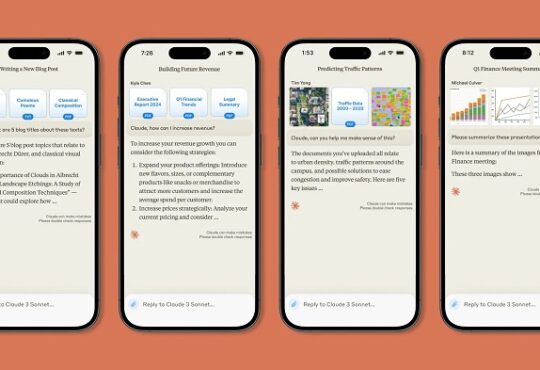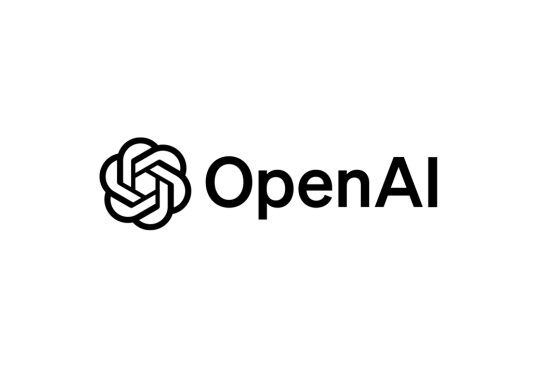
By: Hanadi Khalife
As we enter month five of 2020, who would’ve thought that it would turn into such an eventful year but for totally unanticipated reasons? At the beginning of the year, everyone was heralding 2020 as a potential milestone year – marking as it did, the beginning of a new decade. The stock markets were on a roll, employment levels on a high, the economic outlook was fairly robust – it all seemed to be businessasusual and perhaps even, as some hoped, better than businessthanusual. An unheard-of virus making its rounds in an unheard-of province in mainland China was not going to dampen the “joie de vivre”. The rest, as they say, is history.
In May this year, as the global economy continues to grapple with the impact of COVID-19, it also gets ready to celebrate International Management Accounting Day. Every year, finance professionals use this day not just to commemorate their profession, but also to take stock of the future – typically looking at how undercurrents of technology and economic changes demand a rethinking of their roles and functions. Given that perspective and looking at the continuing wake of economic destruction, it is fairly obvious that 2020 will be a watershed like no other, making even the financial meltdown of 2008 seems like a leisurely stroll in the park. Yet, despite the bloodbath, the mayhem, the catastrophic disruption all around, and the stark and perhaps permanent changes in pretty much every aspect of our modern lives, finance professionals and management accountants in particular need to be the first ones to embrace this new normal.
But before we address that, a quick insight into the history of the management accounting profession. For those with a bent for financial history, the profession came into being during the early years of the industrial revolution – the beginning of the early 1900s. It was initially created to monitor individual assets and capital while supporting the decision-making process. However, the profession took root and mainstreamed over the last three decades, emerging as an important business tool as the roles of organisational finance and the CFO gradually became more centrestage and took on a more strategic hue.
Management accountants have subsequently gone on to become trusted business advisors, not only accounting for the statute toward reporting taxes and audits, but also helping to create great organisational futures through the understanding and application of enterprise risk management, financial planning and analysis, merger and acquisition activities, and other forms of decision support. And it has only been, perhaps in the last three decades or so, that that notion of value stewardship, value protection, and value creation has become an integral part of the finance and accounting profession, in particular that of management accounting.
The past three decades have seen the CFO’s team evolve from being strictly in the accounting lane, to take on a more interdisciplinary approach to business and creating economic value. Talk to the CFO’s team today and you will realise they’re not just focused on accounting and finance, but operations,technology, marketing, and strategy as well. So, today’s management accountants need to have operational expertise on just about every organisational function in order to create value across the entire supply chain. That requires not just an interdisciplinary approach to the business and how value is generated, but also a more than rudimentary understanding of data analytics, data visualization, and strategic management. That is how management accountants can challenge the statusquo and stay relevant and influential to the needs of modern business.
Going forward, the following three key areas will be significantly more critical to the future of the profession than ever before: Technology and Automation, Decision Making and Strategy, and Global Operations. But unlike in the past, these will now also be linked to businesscontinuity to ensure that any subsequent upheavals, whether regional or global, can be absorbed and dealt with better, without loss of life, livelihoods, or business.
Technology and Automation
As workfromhome becomes the new normal, CFOs and business leaders will see their colleagues carry work home – much of it of sensitive nature. Home networks are often unsecure and unreliable – without the reassurance of enterprise networks that are safe, secure, and always on. So, security upgrades will become critical.
Secondly, business continuity will become the single biggest challenge for businesses – led and managed in no small part by the CFO and his team. Considering this, there will be an acceleration of the automation of tedious transactional work. Big Data and analytics will feed machine learning to drive a constant stream of insights and analysis. This will enable finance professionals to accumulate information at an unprecedented scale impacting every operational role of the organisation. This will enable finance professionals and other professionals to deliver onthe job more efficiently and effectively, thereby impacting and improving organisational efficiency.
Decision Making and Strategy
If automation results in accountants no longer performing key areas of their current and past jobs, what will they do instead? Well, in addition to learning how to master technology and data analytics, management accountants will be increasingly called upon to contribute to core strategy and decision making, becoming partners in business leadership rather than just corporate bookkeepers.
This will involve adopting a more holistic view of the business, including a sense of potential risks on the horizon. In a post-COVID-19 world, there needs to be a greater focus by management accountants on risk management for strategic decision making. With unknown and existing economic uncertainties on the horizon, advance planning for potential changes will be critical.Better financial forecasting will be key as management accountants move into strategic leadership roles. With the current economic uncertainty and market volatility, it is more important than ever for management accountants to stay ahead of emerging trends that will re-shape industries and professions. By shifting focus towards the future instead of the past, and modelling various scenarios and financial impacts of business developments,management accountants will facilitate more agile decision making and help create a competitive advantage for their organizations – something that may well determine the difference between success and failure in times ahead.
Global Operations
The economic mayhem caused by COVID-19 has disrupted global supply chains in a manner that could not have been imagined. Going forward, some governments may end up being wary of global supply chains and may instead adopt a more insular stance to protect domestic enterprise. Management accountants will need to adapt to new realities of globalization in a post COVID-19 world and learn to operate globally as well as locally, as the case may be. Though globalization will come under increasing fire, businesses will still need to continue growing and operating on a global scale. And as that happens, it will be essential to operate with a glocal perspective – with an understanding of critical fiscal and compliance requirements, operating differences and new market dynamics, keeping not just business growth in mind, but also being aware of any threats to business continuity.
For CFOs and their teams operating in a global pandemic this also means paying extra attention to their balance sheets and micro-management of their cash positionsto see their businesses through the storm, keeping jobs and steering theirorganisation in a manner that enables them to come out stronger and more resilient. For CFOs who may have had an indirect responsibility of operations strategy,human resources, marketing or supply chains, this is when that needs to be changed into direct responsibility. That is the only way to ensure that the workforce is protected and that as soon as they come out of this or any other global pandemic, they can hit the ground runningand create an even stronger rebound. The ability to weather this storm requires knowledge, perseverance, compassion, the ability to make tough decisions for the greater good, and finally, courageous leadership.
By earning a seat at the table, management accountants can enable their CEOs and cross-functional partners address current and future challenges and disruptions head-on. Management accounting is no longer just about being a good custodian of the company books. In a post COVID-19 world, the survival of management accountants will depend on their ability to be nimble, cross-functional, tech savvy and global in outlook. Cheers to that.
(The author is Senior Director, MEA & India Operations at the Institute of Management Accountants)








